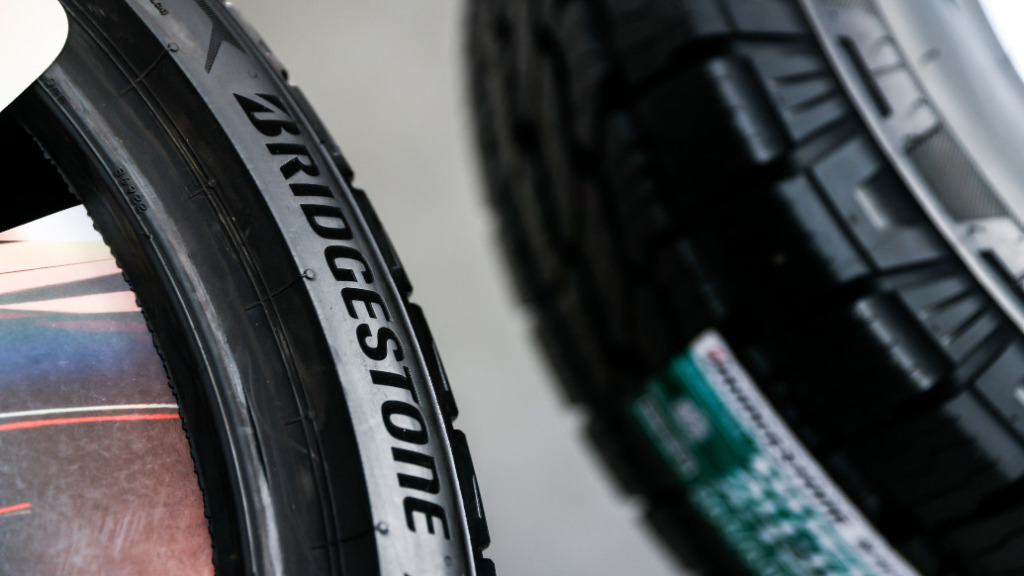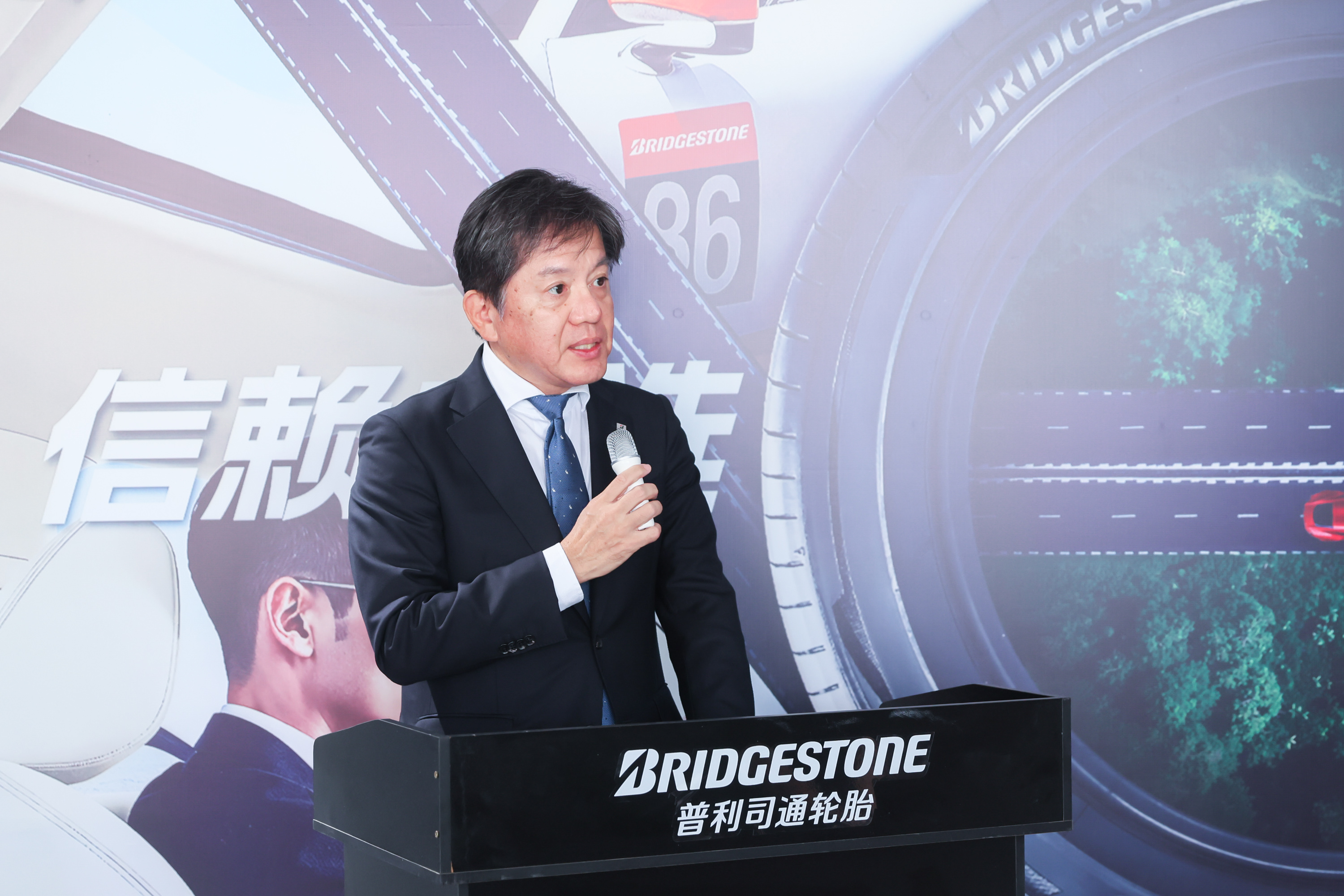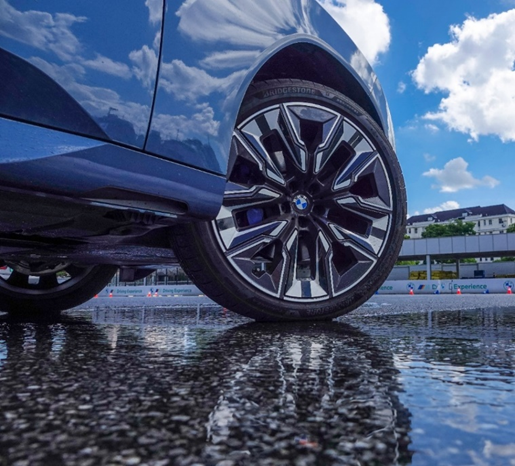
With the rapid development of new energy vehicles, tire performance faces unprecedented challenges - it must not only meet the load-bearing requirements brought about by the increase in vehicle weight, but also solve the problem of prominent tire noise in the absence of engine noise, while also taking into account low rolling resistance to extend cruising range.
These seemingly contradictory performance requirements are testing the technical capabilities of every tire company, and technological innovation has therefore become an important weapon for major brands to compete for market share.
Silent and self-repairing technology is one of the current focuses of competition.
For example, the foreign brand Bridgestone's B-SILENT silent foam technology and B-SEAL self-repair technology have covered its high-end product line, effectively solving the tire noise problem of new energy vehicles without engine noise. Continental has consolidated its silent advantage with its 3D noise reduction system and diamond-grade tread rubber technology.

Chinese domestic brands are also actively seeking ways to break through. Zhongce Rubber is using its "nano-silicone composite" technology to approach the performance of foreign brands. Linglong Tire is focusing on the new energy vehicle tire market, aiming to increase its market share to 12% by 2025, but its high-end product line still relies on foreign technology licenses.
This technological dependence has put local brands in a relatively weak position in the competition in the high-end market, which has also become a point of strength sought by foreign brands.
On September 25, Bridgestone held a brand day event with the theme of "Trusted Choice, Long-lasting Companion" at the Shanghai BMW Experience Center, further sending out a signal of high-end technology.
Minoru Kuroki, Managing Director of Bridgestone (China) Investment Co., Ltd., who just assumed his new role at the end of August and returned to the helm of the Chinese market, emphasized at the event: "Bridgestone remains optimistic about the development prospects of China's high-end passenger car market. In the Chinese market, we will adhere to the Bridgestone Group's strategy of 'turning change into opportunity'. At the same time, with the goal of becoming the most trusted brand, we will continue to improve the quality of our business in the high-end market and provide Chinese consumers with a more premium and reliable travel experience."

Minoru Kuroki, Managing Director of Bridgestone (China) Investment Co., Ltd.
Bridgestone's ENLITEN® technology, through molecular-level material optimization, has achieved a breakthrough by reducing rolling resistance by 20% and increasing wear resistance by 30%, effectively addressing the diverse performance demands of new energy vehicles. The technology is already used in tires for new energy vehicles like the TURANZA® 6 EV. The company also continues to promote the civilian application of racing technology. As the exclusive tire supplier for Formula E in the 2026-2027 season, the company will further leverage the material durability proven in extreme racetrack conditions into its civilian products.
On the demand side, in addition to the rigid demand for quietness, the growing demand for larger and more intelligent tires is also a development trend in this industry. Car owners born in the 1980s and 1990s expect tires to not only meet basic driving functions but also serve as a key entry point for vehicle data collection. Many tire brands have already begun researching and implementing such features.

These changes on the demand side are also driving profound changes on the channel side. For example, after Bridgestone officially announced the launch of a lifetime warranty service in 2024, it also began to rely on platforms such as Douyin and WeChat mini-programs to expand online channels and innovate service models to provide better consumer experience for more consumers, including young groups.
It's worth noting that channel innovation in the Chinese market is also influencing global strategies. Kuroki Minoru admitted, "China is at the forefront in this regard. In the future, this sales approach will gradually be expanded to other regions, which can be considered a form of feedback and output for our experience."
Amid increasingly fierce competition, foreign brands view China as a "leader" in the global market rather than a "regional market," and are feeding back China's innovations and demands to the world in the hope of continuing to succeed in China.
As for Chinese local brands, they have demonstrated strong competitiveness in the mid- and low-end markets, but to break through the barriers of foreign brands in the high-end market, they must get rid of technological dependence and establish an independent core technology system and brand value.